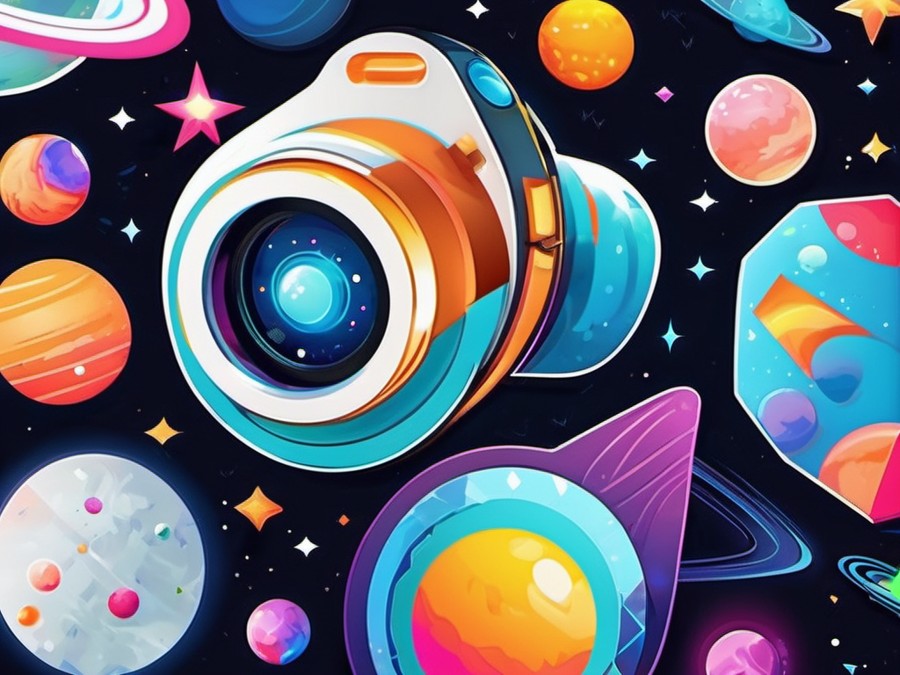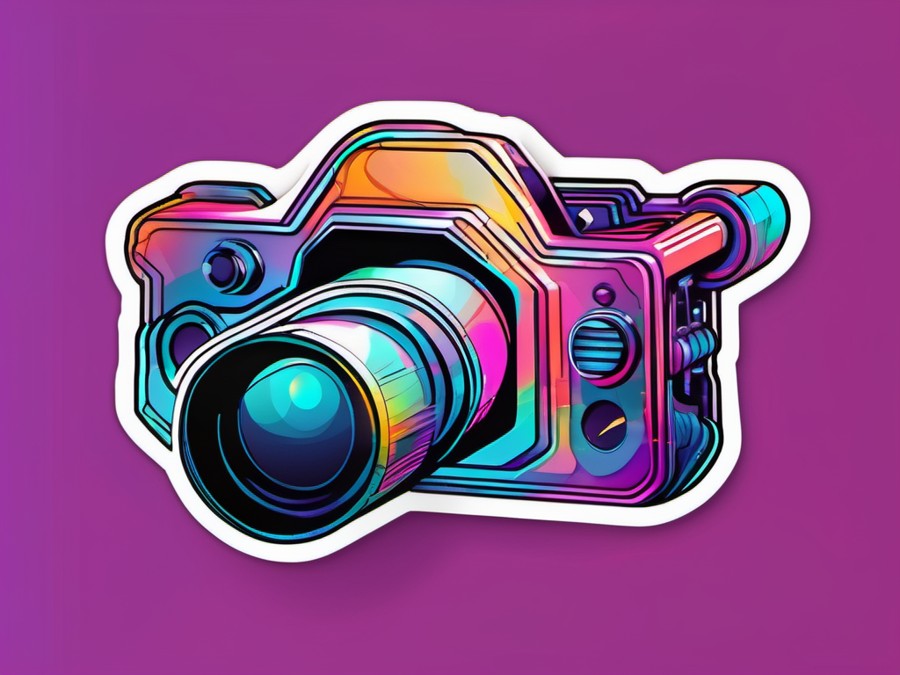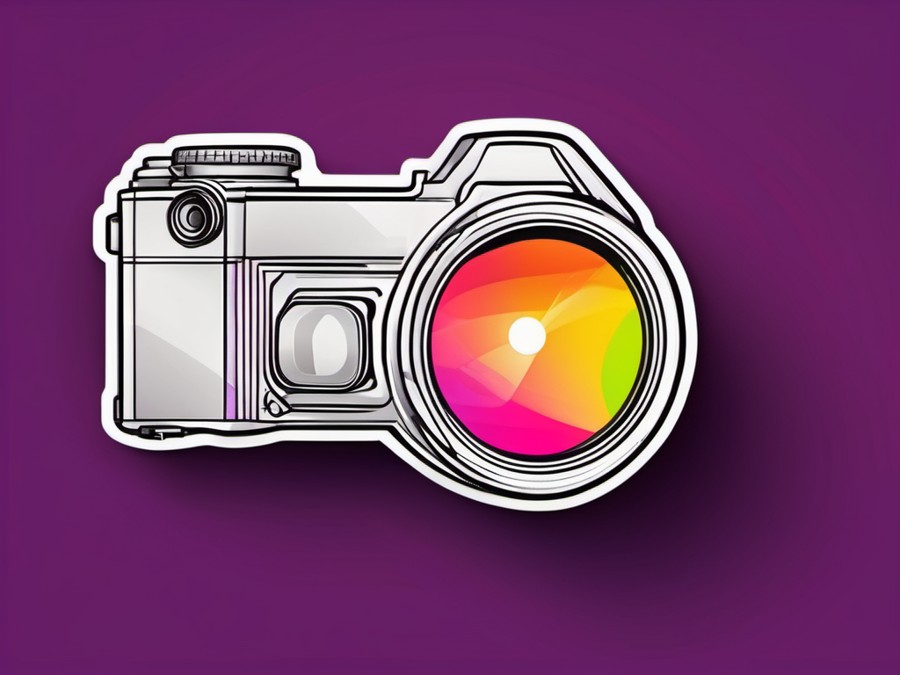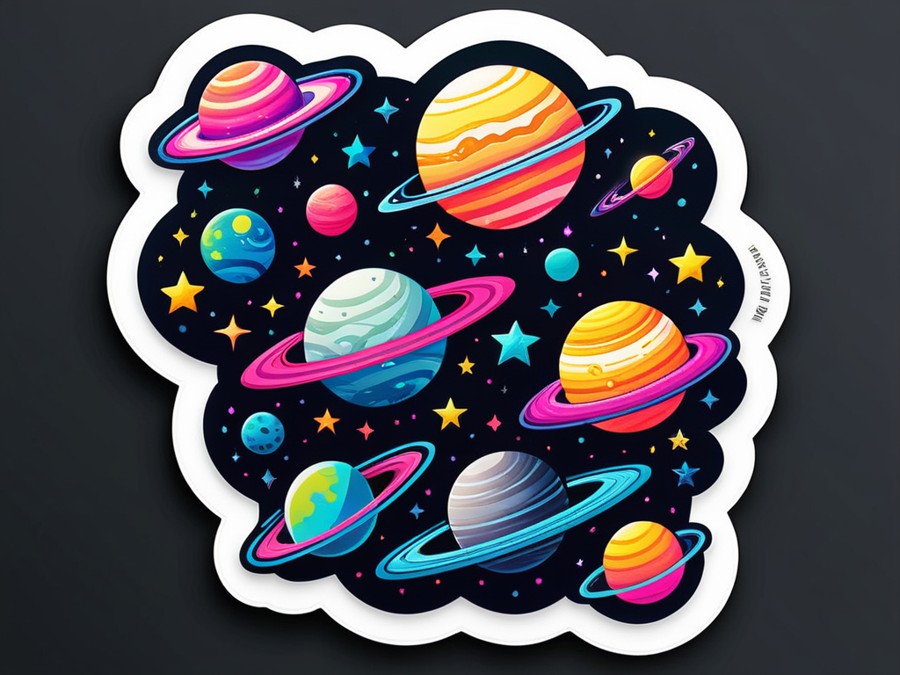· Charlotte Will · Monoculars · 7 min read
What is a Night Vision Monocular and Its Uses?
Discover what a night vision monocular is and explore its numerous uses, from hunting to stargazing. Learn about the benefits, key components, and tips for choosing and maintaining your device to enhance your visibility in low-light conditions.
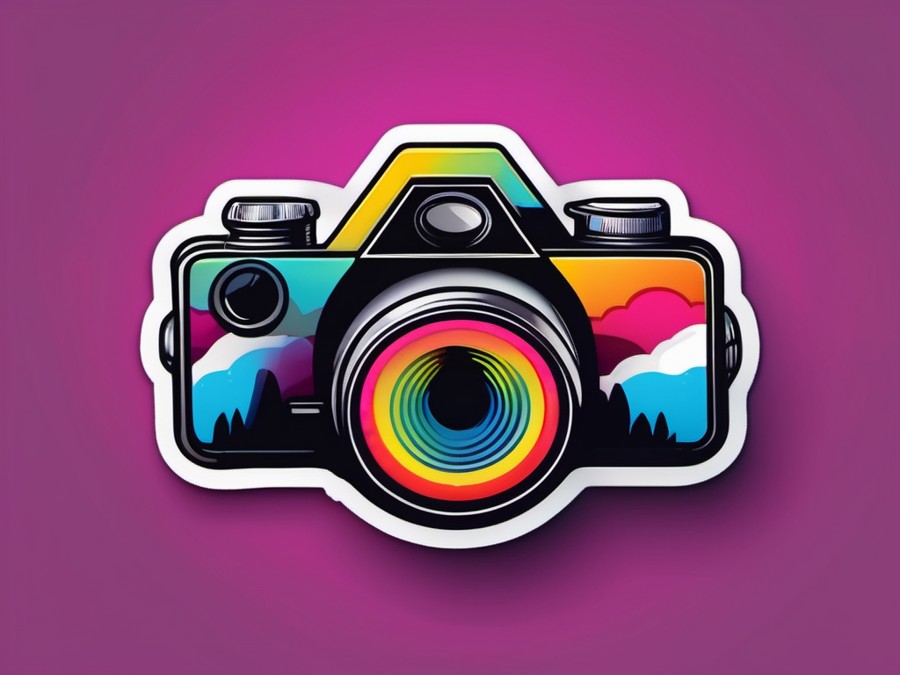
Ever wished you could see clearly in the dark? Well, a night vision monocular might just be the solution you’re looking for. But what exactly is a night vision monocular, and how can it be useful? Let’s dive in and explore this fascinating device.
Understanding the Basics
What is a Night Vision Monocular?
A night vision monocular is a portable, single-lens device that amplifies available light to enhance visibility in low-light conditions or complete darkness. Unlike binoculars, which use two lenses, a monocular allows you to view through one eye, making it simpler and often more convenient for various tasks.
How Does a Night Vision Monocular Work?
Night vision monoculars work by capturing and intensifying tiny amounts of light that are invisible to the naked eye. These devices typically use an image intensifier tube, a photocathode, and a phosphor screen to convert the light into visible images. The image is then magnified and displayed through an ocular lens, giving you a clear view of your surroundings even in pitch-black conditions.
For more details on how monoculars work, check out What is a Monocular and How Does it Work?.
Advantages of Using a Night Vision Monocular
Enhancing Nighttime Visibility
One of the primary advantages of a night vision monocular is its ability to enhance your visibility in low-light conditions. This is particularly useful for activities like nighttime hiking, stargazing, or even just walking the dog after sunset. The added visibility can help you navigate safely and with confidence.
Portability and Convenience
Unlike night vision binoculars, a monocular is lightweight and easy to carry. You can slip it into your pocket or attach it to a belt, making it an ideal companion for outdoor adventures. The convenience of using one eye also makes it easier to handle and operate, especially in situations where you need to keep your other hand free.
Differences Between Night Vision Monocular and Binoculars
Which is Better?
The choice between a night vision monocular and binoculars largely depends on your specific needs. Night vision monoculars are generally more portable and easier to use with one hand, making them great for quick scans and on-the-go observations. On the other hand, night vision binoculars offer a wider field of view and can be more comfortable for extended periods of observation.
For a comprehensive comparison, see What is a Night Vision Surveillance Camera?.
Key Components of a Night Vision Monocular
Objective Lens
The objective lens is responsible for capturing light and transmitting the image to the intensifier tube. The size of the objective lens determines how much light it can capture, which in turn affects the clarity and brightness of the images you see.
Ocular Lens
The ocular lens is the part you look through to see the magnified image. This lens plays a crucial role in focusing and adjusting the image for your eye’s specific needs.
Image Intensifier Tube
The image intensifier tube is the heart of a night vision monocular. It amplifies available light using a photocathode and converts it into visible images on the phosphor screen. The quality of this tube greatly affects the overall performance and clarity of your monocular.
Top Uses for Night Vision Monoculars in Hunting
Scouting Wildlife
For hunters, a night vision monocular is an invaluable tool. It allows you to scout wildlife and track prey even after the sun has set. This can give you a significant advantage, especially when hunting nocturnal animals that are most active at night.
Best Night Vision Monoculars for Security
Protecting Your Home and Property
A night vision monocular can also be a reliable security tool. You can use it to monitor your property, check for intruders, or even keep an eye on your surroundings during camping trips. The enhanced visibility can provide peace of mind and help you respond quickly to any potential threats.
For more on security devices, see What is a Lightning to USB Adapter and Its Uses for iOS Devices?.
Night Vision Monoculars for Stargazing
Exploring the Night Sky
Stargazers will find a night vision monocular to be an excellent companion. It can help you observe the stars and constellations more clearly, even on nights with light pollution. The magnification and clarity provided by the monocular can significantly enhance your stargazing experience.
Using Night Vision Monoculars for Wildlife Observation
Studying Nocturnal Creatures
Nature enthusiasts and wildlife photographers can greatly benefit from using a night vision monocular to observe nocturnal creatures. The device allows you to study animals like owls, bats, and nighttime predators without disturbing them. This can be particularly useful for research or capturing unique photographs in the wild.
Benefits of Night Vision Monoculars in Low Light Conditions
Navigating Through the Dark
In situations where visibility is limited, a night vision monocular can be a lifesaver. It helps you navigate through dark forests, caves, or other low-light environments with ease. You can avoid obstacles and potential hazards that might be difficult to see with the naked eye.
Tips and Tricks for Using a Night Vision Monocular
Maximizing Your Device’s Potential
To get the most out of your night vision monocular, consider these tips:
- Adjust the focus: Make sure the image is sharp and clear.
- Experiment with magnification: Different situations may require different levels of zoom.
- Maintain proper distance: Too close, and you might miss the bigger picture; too far, and details may be lost.
- Practice using it in different conditions: The more you use your monocular, the better you’ll understand its capabilities.
For more tips on using monoculars, check out What is a Smartphone Monocular and Its Benefits?.
Choosing the Right Night Vision Monocular
Factors to Consider Before Purchase
When selecting a night vision monocular, consider the following factors:
- Magnification: Higher magnification isn’t always better; too much zoom can reduce image clarity.
- Field of View: A wider field of view allows you to see more at once but may come with less magnification.
- Battery Life: Ensure the device has a good battery life, especially if you plan to use it for extended periods.
- Durability: Look for a monocular that is waterproof and can withstand rough conditions, like the ones discussed in What is a Waterproof Monocular and Why You Need It?.
Maintaining Your Night Vision Monocular
Ensuring Longevity and Performance
Proper maintenance is key to keeping your night vision monocular in good condition. Here are some tips:
- Clean the lenses: Use a soft, dry cloth to wipe away any dirt or debris.
- Store it properly: Keep your monocular in a protective case when not in use to prevent damage.
- Avoid extreme temperatures: Extreme heat or cold can affect the performance of your device.
- Regularly calibrate: Periodic calibration can help maintain the accuracy and clarity of your monocular’s images.
Conclusion
A night vision monocular is an incredibly versatile and useful tool. Whether you’re a hunter, a stargazer, or just someone who likes to take late-night walks, this device can significantly enhance your visibility and experience in low-light conditions. By understanding how it works, recognizing its advantages, and considering the various uses and maintenance tips, you can make the most of your night vision monocular.
FAQs
What is the difference between a night vision monocular and binoculars?
A night vision monocular is designed to be used with one eye, offering portability and convenience. In contrast, night vision binoculars provide a wider field of view but may be bulkier and more cumbersome to use.
How does a night vision monocular improve visibility?
A night vision monocular amplifies available light using an image intensifier tube, making it possible to see clearly in low-light conditions or complete darkness.
What are some common uses for a night vision monocular?
Common uses include hunting, wildlife observation, stargazing, security monitoring, and navigating through dark environments.
What factors should I consider when buying a night vision monocular?
Key factors include magnification, field of view, battery life, durability, and price. Consider your specific needs and the conditions in which you will be using the monocular.
How can I maintain my night vision monocular?
Regular cleaning, proper storage, avoiding extreme temperatures, and periodic calibration can help maintain the performance and longevity of your night vision monocular.

